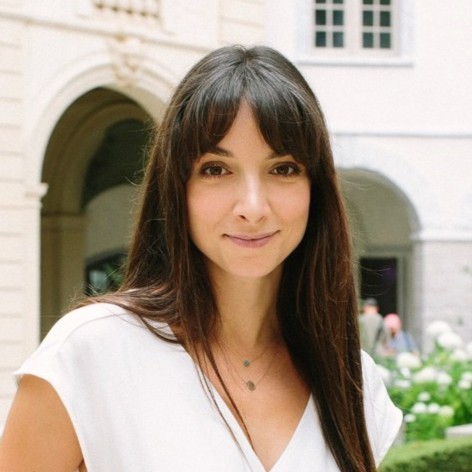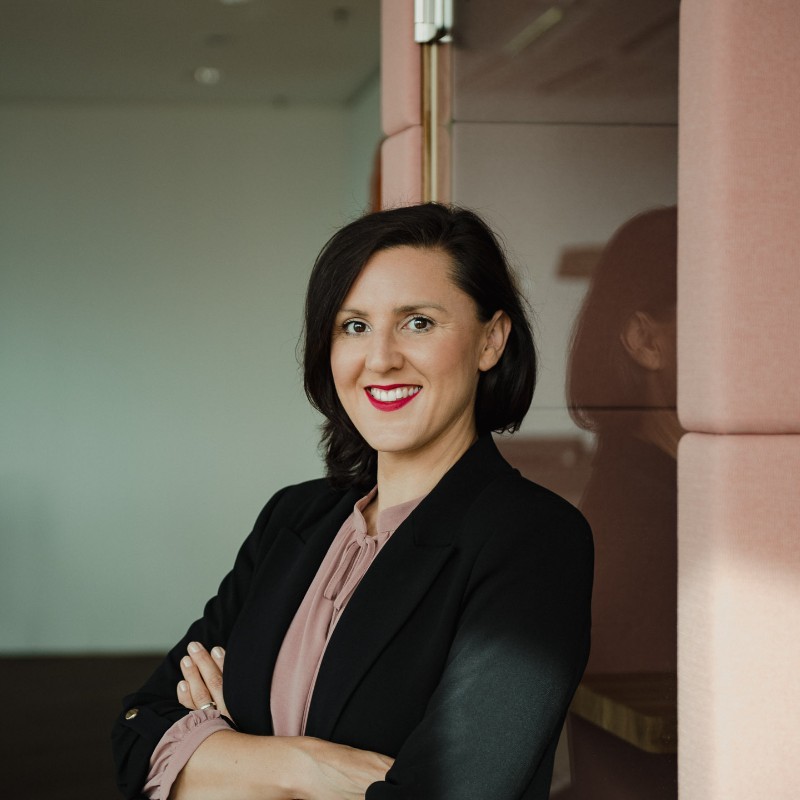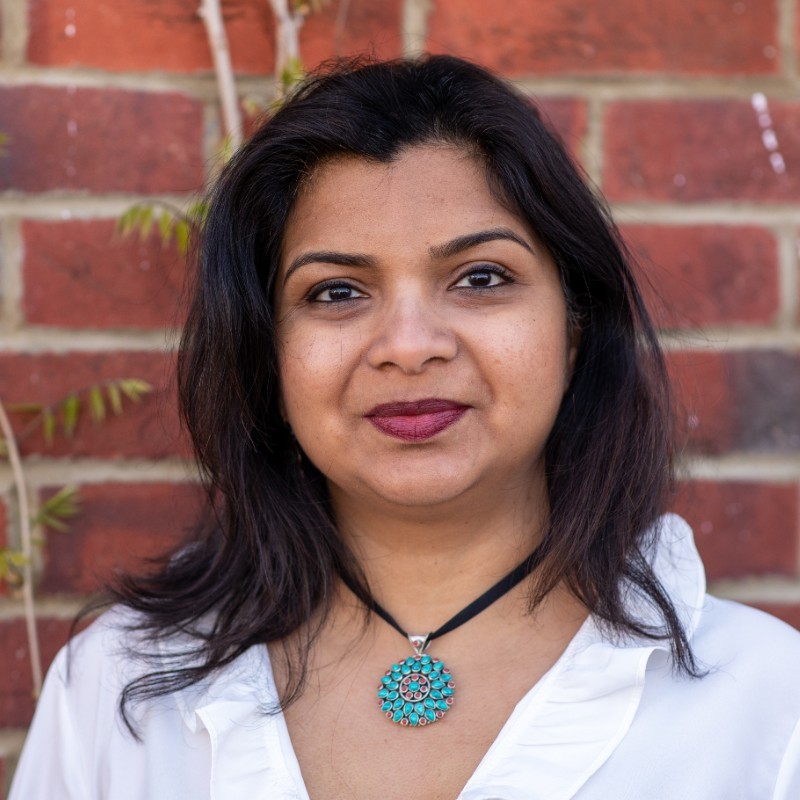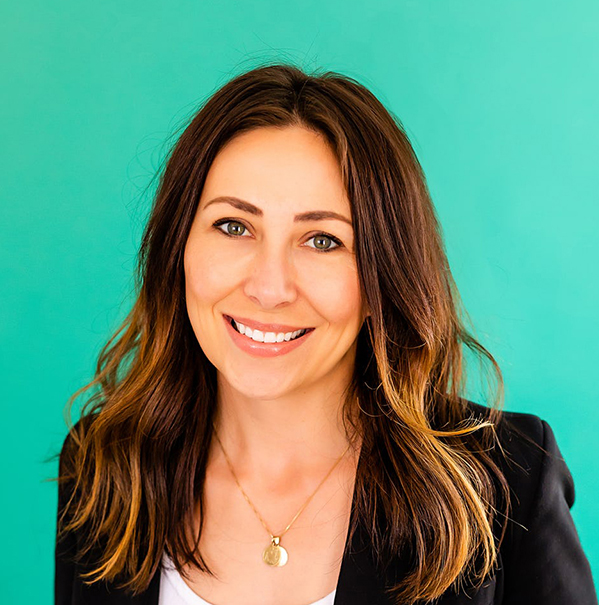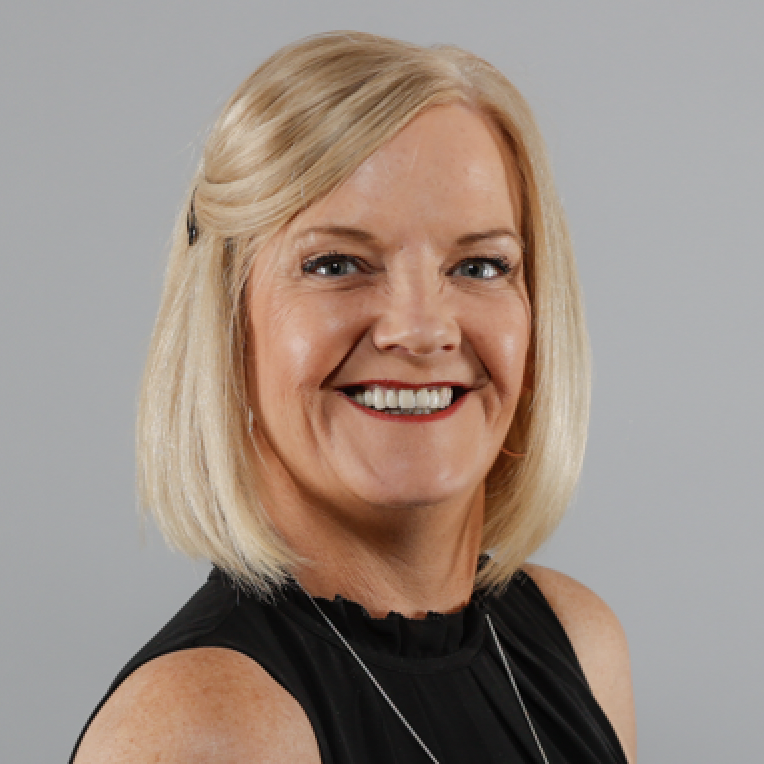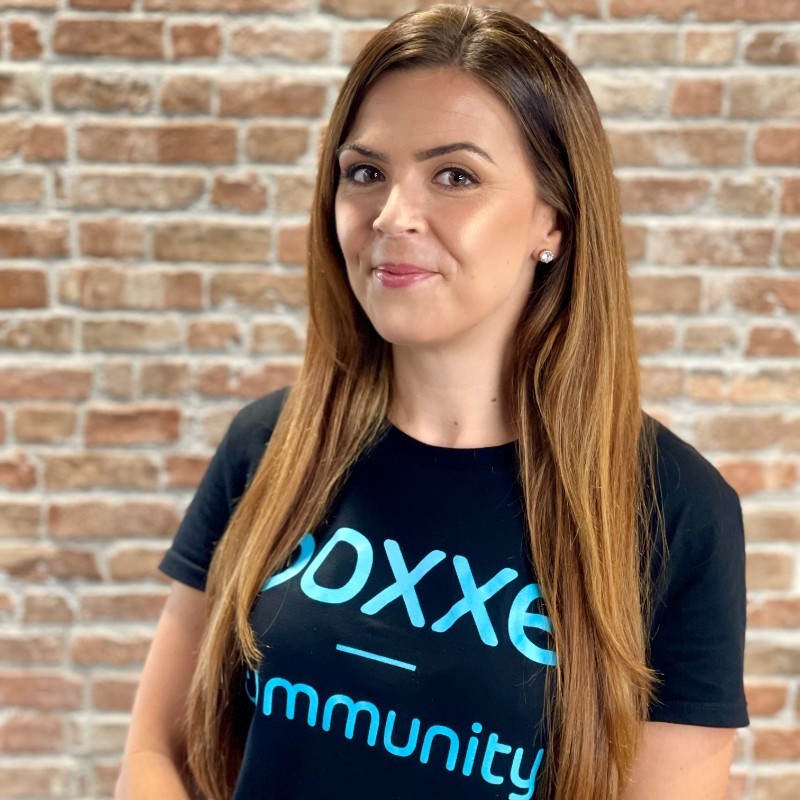
Lauren Siegal Wurgaft
Head of Global Social Impact and Giving
.png)
Spotify
Sweden
- corporate social responsibility
- volunteering
- employee engagement
Lauren Siegal Wurgaft is the Head of Global Social Impact and Giving at Spotify. After joining the company in 2013 as Global Partner Marketing Lead, Lauren later shifted course. Upon completing the University of Pennsylvania’s Executive Program in Social Impact Strategy in 2020, she was named head of the global music streaming service’s Global Social Impact and Giving team. This role has allowed her to help amplify the charitable impact of Spotify’s 13,000 employees.
Hear her full story.
Programme mission
Spotify, a global audio streaming and media services provider, formed its Global Social Impact and Giving team in 2021 as part of the HR function’s Equity and Impact division. It works closely with two other teams that reside under this larger umbrella – the Diversity and Belonging team and the Sustainability team.
All of these disciplines (Social Impact and Giving, Diversity and Belonging, and Sustainability) have existed within Spotify for almost as long as I’ve been there. This new team allows us to come together to focus more effectively on the purpose-driven work we’re doing internally and externally.
Lauren Siegal Wurgaft - Head of Global Social Impact and Giving at Spotify
The core purpose of the Global Social Impact and Giving team is to “shape a world we want to live in”. It does this in three key ways:
Spotify Gives Back – An internal programme designed to empower employees through donation matching, volunteering and grantmaking work. The programme focuses on climate action, racial justice, gender equity, civic engagement and media responsibility.
External-facing initiatives – Campaigns that stand up for communities and causes that resonate with Spotify as an organisation, as well as with its employees. For instance, as part of their World Mental Health Campaign, the company encouraged Spotify users and artists to “unplug” and connect back with themselves through music and podcasts. Initiatives also include a three-year partnership with UNICEF, which will see the two organisations providing Ukrainian refugee children with resources to care for their mental health and wellbeing. As part of this project, Spotify will help UNICEF digitise existing content, put it on the Spotify platform and brainstorm ways to incorporate additional on-the-ground elements.
Global programmes – For global events like Pride or International Women’s Day, the Global Social Impact and Giving team creates a global narrative to bring the issues to life. They determine how a campaign might look and feel, fine-tune the messaging they want to convey, and even assemble toolkits to help internal and external stakeholders embrace a specific cause. From there, they work with local markets to refine the messaging and make sure it resonates with each location.
It’s really important for us to … understand how certain issues are going to resonate in local markets. In some cases, we might develop a broader global framework then tailor it to local markets.
Lauren Siegal Wurgaft - Head of Global Social Impact and Giving at Spotify
One example that illustrates this is Pride. In certain regions, talking about trans youth isn’t something that happens publicly yet and it could actually be harmful, according to Lauren. In cases like these, they have more generic messaging that’s more celebratory.
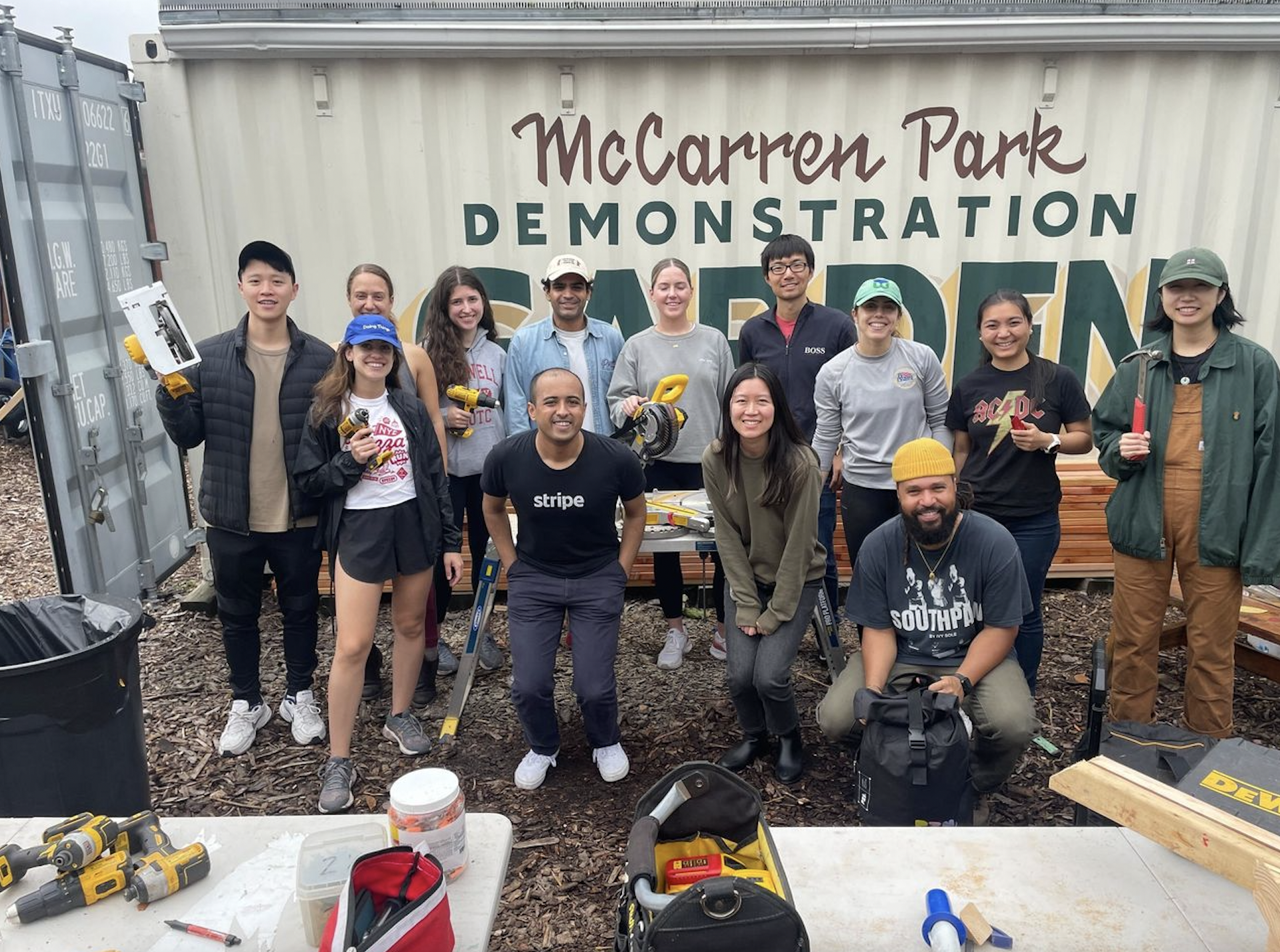
Empowering employees to support the causes they care about
While Spotify has always made it a priority to support charitable organisations, the way they’ve approached specific initiatives has evolved dramatically.
Back in 2015, the company ran a programme called Project Impact, which was focused, primarily, on empowering employees through volunteering. When the Black Lives Matter movement gained momentum in 2020, the company realised it needed a better infrastructure to support its employees’ desire to volunteer, donate and take part in social activism.
That’s when it made the decision to partner with Benevity – and rename its philanthropic programme Spotify Gives Back. Their employee match programme was launched in direct reaction to the Black Lives Matter movement.
Internally, our employees were so passionate about the movement. They really wanted to be able to support it, not only through volunteering and protesting, but financially as well.
Lauren Siegal Wurgaft - Head of Global Social Impact and Giving at Spotify
Thanks to the Benevity platform, Spotify Gives Back offers employees a greater opportunity to support the organisations that mean the most to them through three pillars:
Employee matching
In 2020, the employee match programme was launched as a pilot – and it was an immediate hit. Since then, the programme has grown to include a vast array of nonprofits that Spotify employees across the world have an opportunity to support. Essentially, they donate to an approved organisation of their choice and Spotify matches those donations up to $15,000 per person, per year.
The company also runs special matching promotions like its GivingTuesday campaign. Every November, Spotify seeds full- and part-time employees with $100 into their Giving Account. Employees then have two-and-a-half weeks to make a donation to a nonprofit of their choosing, with the company matching it 2:1.
To make it even more engaging, Spotify’s employee resource groups (ERGs) are invited to identify local organisations that are doing good work within those communities that are worthy of those donations. These nonprofits are promoted to employees throughout the Giving Season period and any unused seed money is put towards the ERG-chosen organisations in addition to a $100 donation on behalf of each Spotify contractor.
Lauren stated: “With the economy being what it is right now, we don’t want to put pressure on people to make them feel they have to donate with their own funds if they’re not available to them. That’s why it’s really important that we’re seeding people with money – so they can still feel involved and still give back to the causes that matter to them.”
Volunteering
After many volunteer programmes were put on hold during the pandemic, Spotify is now using the Spotify Gives Back programme to reimagine what volunteering can look like.
Because the company now offers a work-from-anywhere model, they feel it’s important to foster a sense of belonging and encourage employees to give back to their communities. One way they do this is through their Dollars for Doers programme. As part of this programme, Spotify donates $20 in rewards currency for every hour an employee volunteers. The organisation also plans to introduce a company-wide Global Day of Volunteering, which will give each employee a paid day off to volunteer for an organisation of their choice. They’ve also embedded Spotify Gives Back into their onboarding process, making it easier for new hires to take advantage of the programme from day 1.
The way Dollars for Doers works is, for every hour you volunteer, Spotify will donate $20 to that organisation. That’s really easy to do with the Benevity platform. Employees go away, log the hours, pick the organisation and click submit.
Lauren Siegal Wurgaft - Head of Global Social Impact and Giving at Spotify
Grantmaking
Spotify offers grants to grassroots organisations that are making headway on issues like climate action, racial justice, gender equity, civic engagement and media responsibility.
The goal of the grant programme is to identify opportunities to make a tangible difference in the audio and creator space. For example, a few years ago, Spotify launched an external-facing campaign to celebrate Black voices in the podcasting arena – and while doing so, they started looking for ways to fundamentally change the industry to create a more equitable future.
This ultimately led to the creation of Sound Up – a programme that brought Black, women-identifying podcasters to New York for an intense, week-long bootcamp where they could learn everything about podcast creation. Not only did a successful podcast called Dope Labs come out of that first iteration, but the programme has since evolved to include bootcamps all over the world.
Sound Up was such a successful programme – it’s such a big win. We incubate and launch new podcasts and programmes at a grassroots level, and then those podcasts become part of the fabric of Spotify. They become part of how we do business.
Lauren Siegal Wurgaft - Head of Global Social Impact and Giving at Spotify
Tips & advice for other companies
- Define your CSR goals. Every company has a unique culture and workforce – and your CSR initiatives should reflect that. In some cases, a foundation might make the most sense. In others, a programme like Spotify Gives Back will be more fitting. In the end, there’s no one-size-fits-all solution – it ultimately comes down to your values and goals.
- Drive real impact. When issues emerge, try to offer more than “thoughts and prayers”. Ideally, take some time to say something meaningful – by consulting with organisers or other people on the ground for a specific issue – and then do the work, both internally and externally, to make that statement true.
- Find your unique voice. Today, customers and employees are demanding more from businesses – and the pressure towards corporate activism is increasing. If you opt to go down that road, it’s important to understand which issues your company will get involved with – and which ones it won’t. If you choose to shy away from a topic externally, you should be prepared to explain why. At the same time, you may want to consider addressing the topic internally and empower employees to take action if the cause means something to them.
Lauren added: “It’s important to understand when or why to speak up and how to make sure employees from marginalised communities that are affected by these issues feel supported. Even if you’re not doing a huge external campaign, talking about an issue internally can be very important to them.”
Or check out
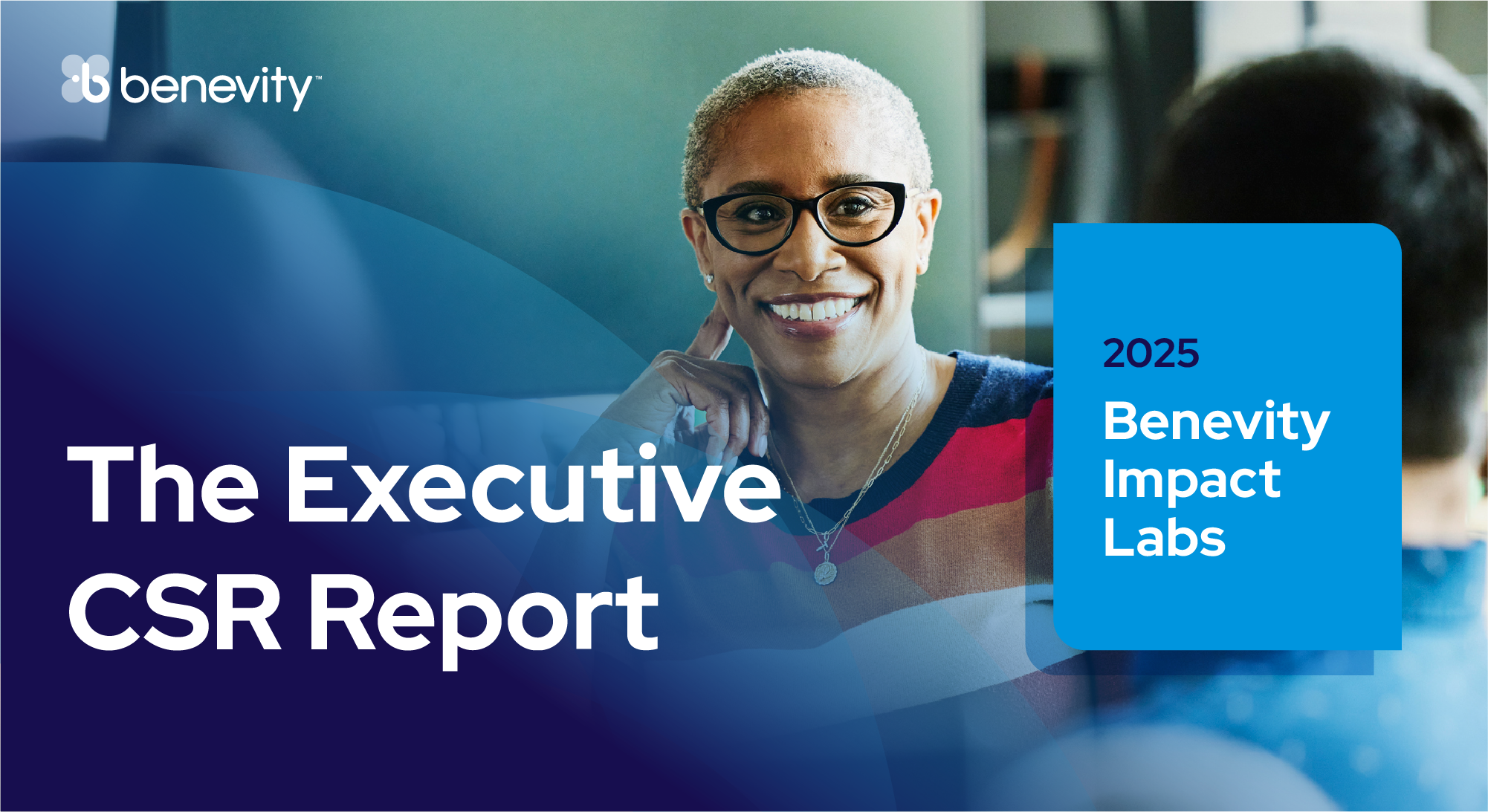
Benevity report predicts surge in CSR investment amid heightened public scrutiny
New survey of 500 executives reveals 76% are committed to increasing CSR budgets, viewing it as key to driving business ROI.
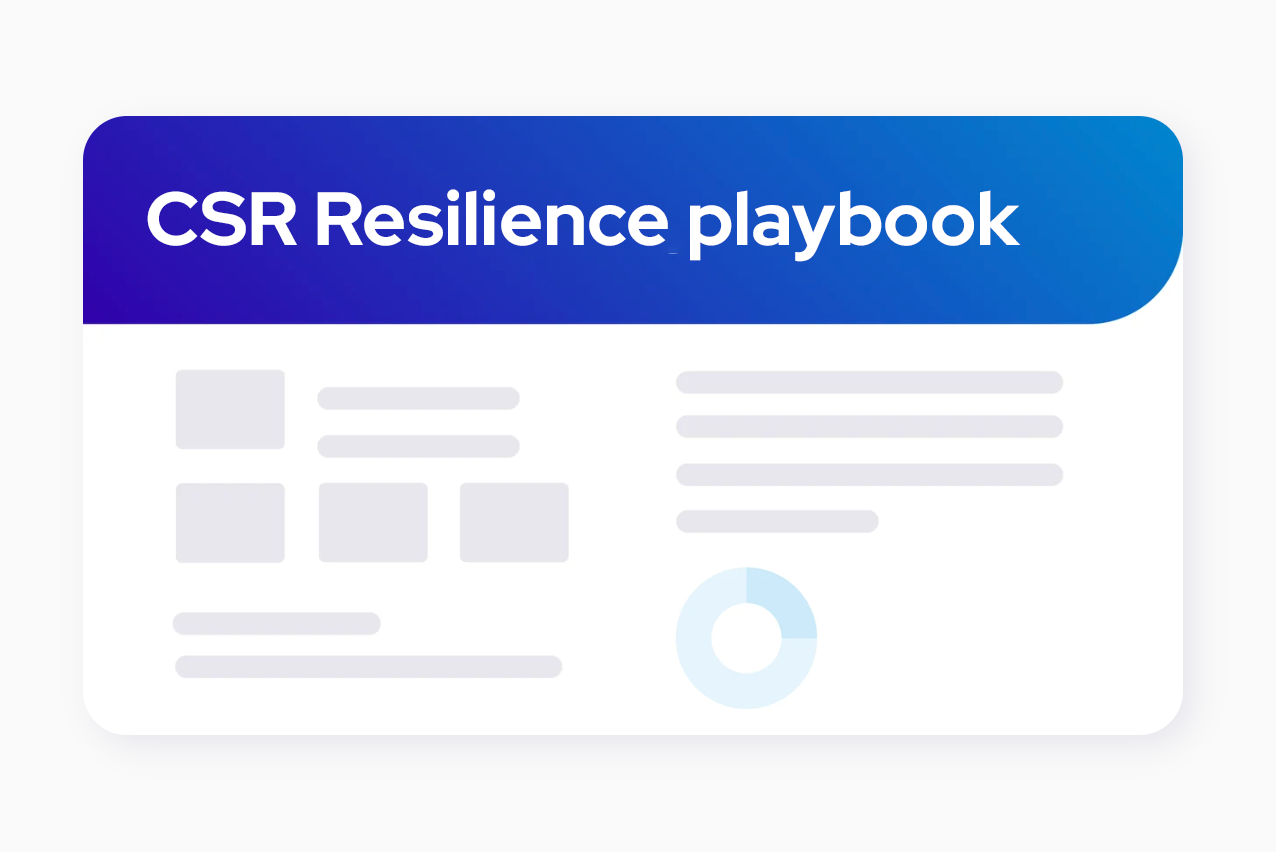
CSR Resilience Playbook
Strengthen your CSR strategy with our Resilience Playbook. Get actionable steps to help you lead with purpose through change and drive lasting impact.

Why Unified CSR Reporting Is a Game Changer
Unified reporting helps CSR teams eliminate silos, prove ROI, and scale impact. Discover why it’s key to smarter, faster, data-driven decisions.








